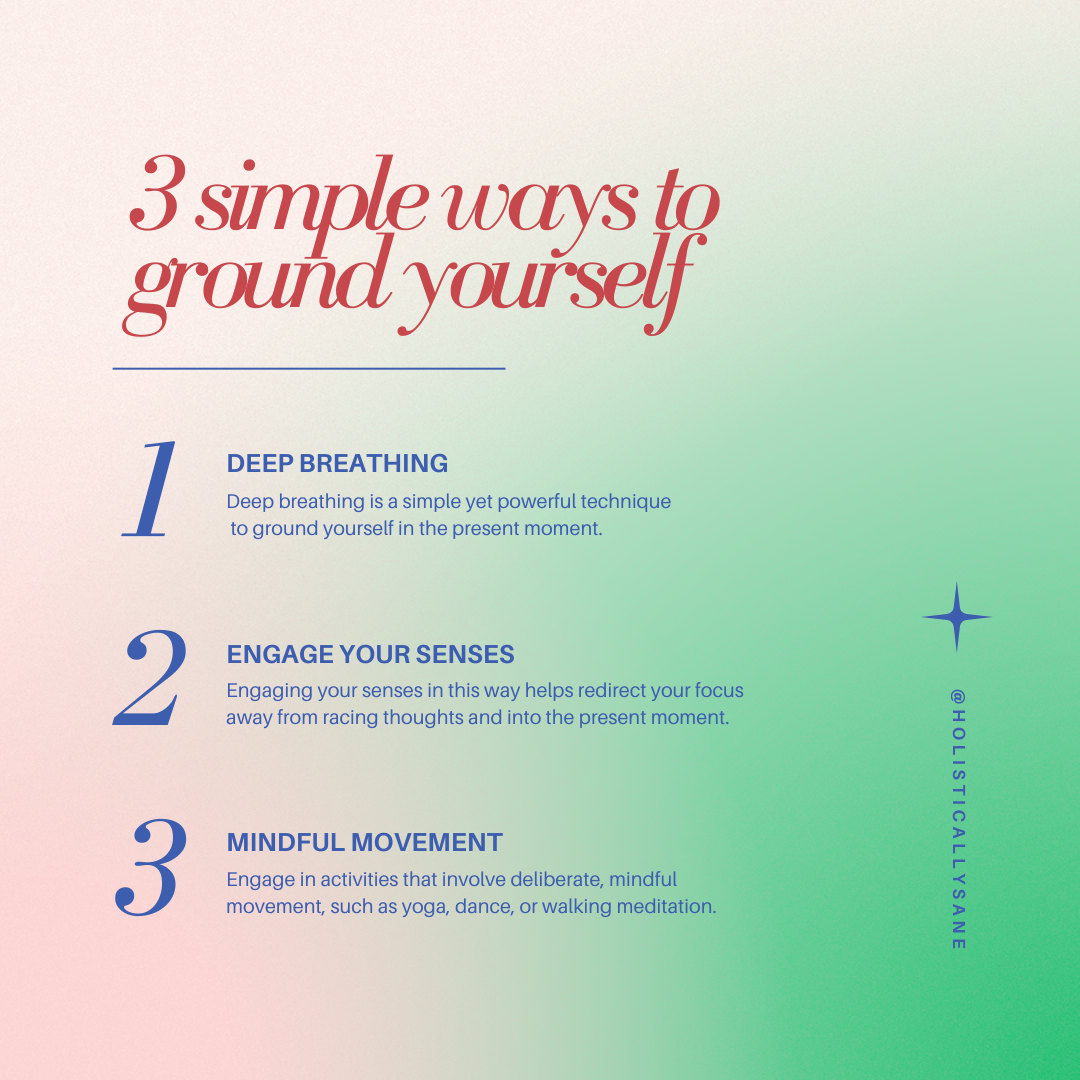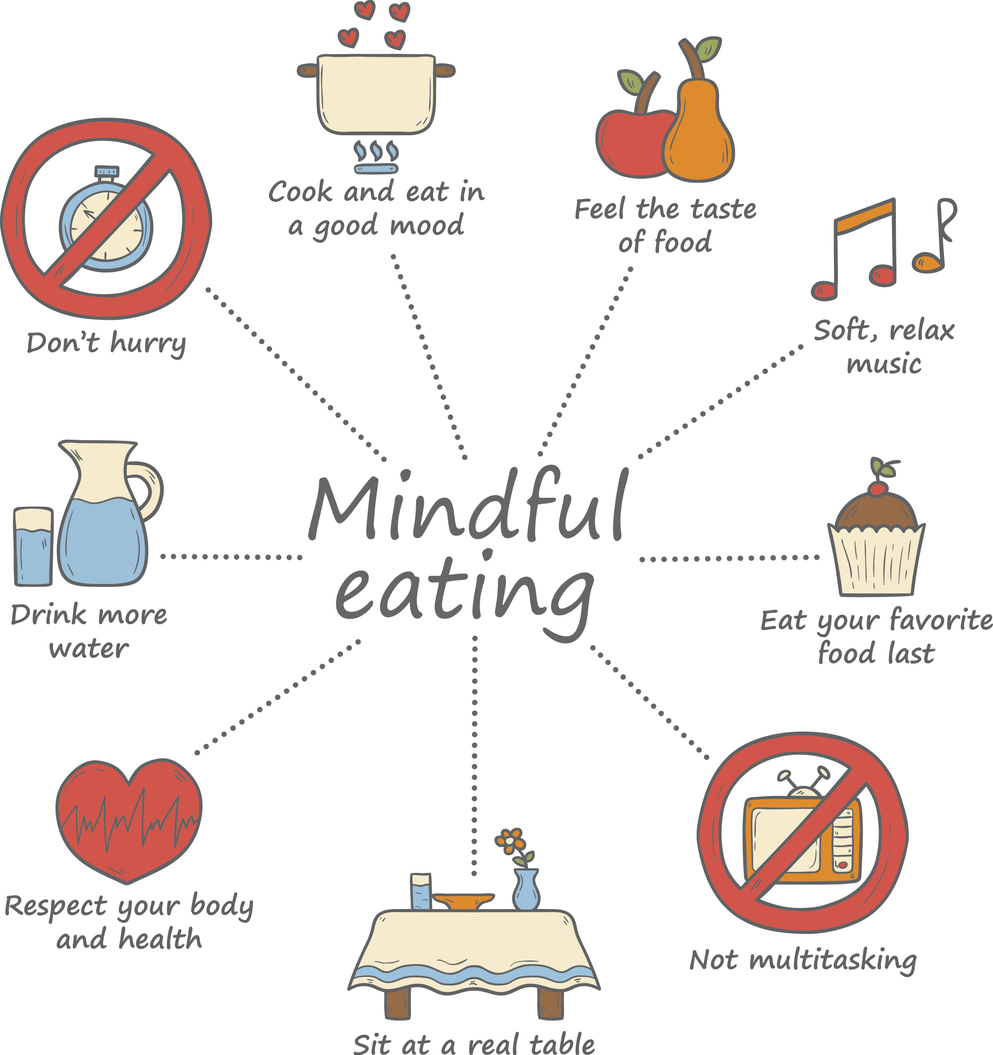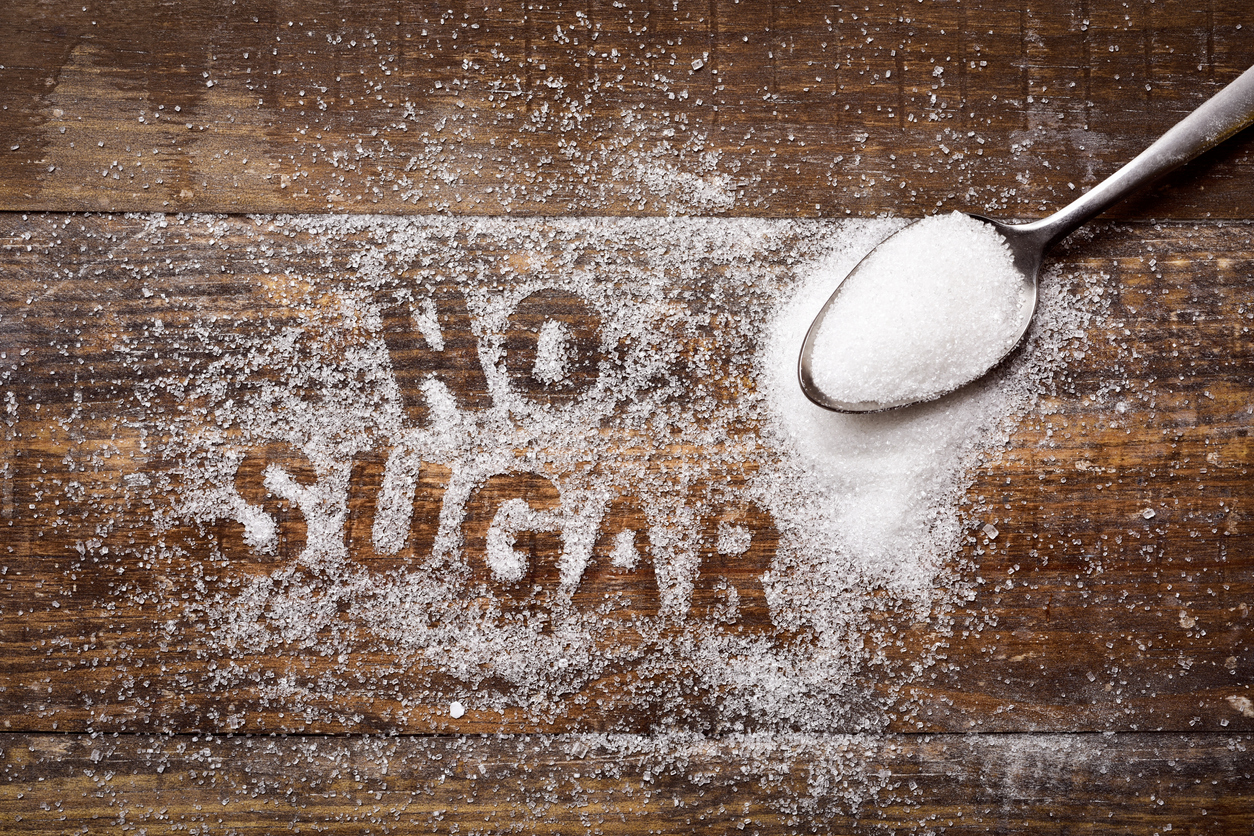Silent heart attacks occur more frequently in men than in women; nonetheless, women too are in danger. On top of that, after a silent heart attack, the risk of dying due to heart disease is three times higher than for someone with a normal ECG. With increasing cardiac arrest cases across the world in the young population, it is the need of the hour to spread awareness about preventive measures.
For instance, some people feel discomfort in the centre of the chest contrary to the stabbing pain on the left side, a symptom that commonly occurs with heart failure.
What are the signs and symptoms of silent heart failure?
In the event that you have any of the below-mentioned signs and symptoms, it would imply a more serious condition, possibly a silent cardiovascular failure:
- Uneasiness at the back, arms, jaw, or chest
- Dizziness, lightheadedness, or fainting spells
- Lethargy and shortness of breath
- Heartburn sensation
- Sleeplessness
Patients might feel distressed in the arms, jaw, or chest. They might encounter dizziness or fainting feeling. They might feel excessively depleted and winded after climbing a few steps. They might have an acid reflux-like sensation or an agitated stomach and sleeplessness. Sometimes even the fittest person who never had any arterial blockages can experience a sudden cardiac arrest without any signs due to overworking or a high-pressure lifestyle despite not having smoking or drinking habits. The indications of silent cardiovascular failure are inconspicuous in most cases.
What can cause a sudden silent heart attack in young people?
The causes of sudden cardiac death in young people vary. Most often, death is due to a heart anomaly. It is also found that Indians have high lipoprotein, meant for coagulation in their blood compared to westerners. It can clog arteries. More than 25% of patients from India are less than 45 years old.
Due to several underlying reasons, sometimes the heart beats out of control causing heart anomalies. This abnormal heart rhythm is termed ventricular fibrillation.
A few causes of a silent heart attack in a young individual include:
Hypertrophic cardiomyopathy (HCM): Owing to genetic predisposition in this condition, the heart muscle walls thicken. This thickened muscle can disrupt the heart’s electrical system, triggering fast or irregular heartbeats (arrhythmias), which may lead to sudden heart failure. Hypertrophic cardiomyopathy is the most typical reason behind heart-related sudden death in individuals under 30.
Coronary artery abnormalities where the heart arteries are connected abnormally can be an underlying cause.
Long QT syndrome, a heart rhythm disorder that is identified by rapid arrhythmic beating can also cause sudden death in youngsters below 30.
Many times these deaths occur with no warning. Indications to watch for include:
Unexplained fainting (syncope). If fainting happens during physical exertion, it could likely be a sign of a heart problem.
Family history of sudden cardiac death. The other important warning sign is a family history of unexplained deaths before the age of 50. If there is an inherited condition recurring in your family, talk to a physician about screening options. Shortness of breath or chest pain could indicate that you’re at risk of sudden cardiac death. Other health problems in young people, such as asthma could also make them more prone.
Risk factors
Some risk factors related to a silent heart attack constitute smoking, being overweight, lack of exercise, a sedentary lifestyle, high pressure, high cholesterol levels, and diabetes.
How to prevent a silent heart attack?
- Try getting a health screening check-up to identify any existing artery blockages you may have and prefer treatment if needed.
- Take a heart-healthy diet that has fruits and vegetables and whole-grain foods. Avoid junk and processed foods that are made with unhealthy fats, salt, and sugar. Foods containing Vitamin C, K, E, and external supplements like Omega 3 fatty acids extracted from fish or flaxseed oil (containing B12) can reduce heart blocks.
- Distinguish any risk factors like diabetes, hypertension, elevated cholesterol, excess weight, and smoking.
- Quit smoking and avoid binge drinking to cut down the risk of silent heart attack or any heart disease.
- Avoid a sedentary lifestyle as it can be the most vulnerable factor in triggering a heart attack.
- Monitor your risk factors from time to time.
- If your primary care physician prescribes medicine, take them regularly.
Invest some time in daily exercises or a walk in a park amid fresh air.





Great info
Nice content